<< Previous | Displaying results 6476-6500 of 6769 for "" | Next >>
November 8, 1994. On this date, the United Nations established the International Criminal Tribunal for Rwanda (ITCR) in Arusha, Tanzania.

July 11, 1995. On this date, the Srebrenica massacre began. Bosnian Serb forces captured the town and killed approximately 8,000 Bosnian Muslims.

May 25, 1993. On this date, the United Nations Security Council created the International Criminal Tribunal for the Former Yugoslavia (ITCY).
November 21, 1995. On this date, the three-year civil war in Bosnia-Herzegovina ended with a peace agreement negotiated in Dayton, Ohio.
April 22, 1993. On this date, dedication ceremonies for the United States Holocaust Memorial Museum take place.

December 15, 1961. On this date, Adolf Eichmann was found guilty of crimes against the Jewish people and sentenced to death.
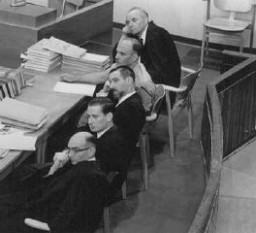
June 25, 1948. On this date, the US Congress passed the Displaced Persons Act. This allowed approximately 400,000 displaced persons to immigrate to the US.

November 3, 1918. On this day, German sailors in Kiel revolt, and protests against World War I spread.

February 23, 1930. On this date, Nazi stormtrooper Horst Wessel dies after being shot and becomes a martyr in Nazi propaganda.

November 12, 1918. On this date, women gain the right to vote in Germany.

November 11, 1918. On this date, a negotiated ceasefire ends the fighting of World War I when it goes into effect at 11am.

November 18, 1919. On this date, Hindenburg spreads the “stab-in-the-back” myth in a testimony before a committee investigating Germany’s defeat in World War I.
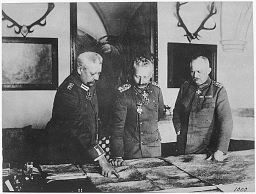
May 12, 1925. On this date, German Field Marshal Paul von Hindenburg is inaugurated, becoming the last president of the Weimar Republic.
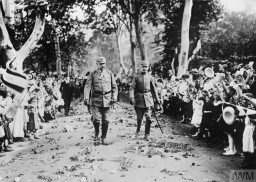

November 22, 1930. On this date, Nazis attack a leftwing group at a dance hall in Berlin.
December 1935. The Lebensborn program is created at the direction of Heinrich Himmler in order to combat Germany’s falling birth rate.

June 1936. German physician Robert Ritter becomes head of a new eugenics research center focusing on racially classifying Roma and Sinti.

June 6, 1936. On this date, Minister of the Interior for the Reich and Prussia Wilhelm Frick issues a decree on “Combating the Gypsy Plague.”
July 16, 1936. On this date, German authorities order the roundup of Roma and Sinti in Berlin, confining them in a new camp in the Marzahn suburb.

December 08, 1938. On this date, Himmler orders that Nazi Germany’s policies regarding Roma and Sinti should be developed according to Nazi racial principles.
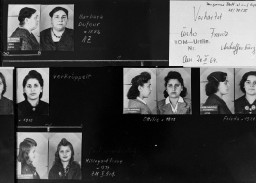
December 16, 1942. On this date, Heinrich Himmler issues an order that Roma and Sinti are to be deported to Auschwitz.
April 26, 1933. On this date, the British ambassador to Germany warned the British government about the principles outlined in Hitler’s Mein Kampf.
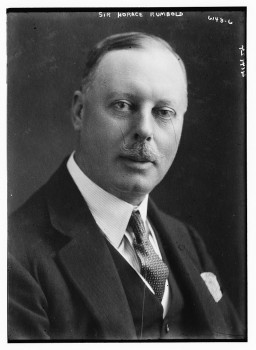
June 18, 1935. On this date, the United Kingdom and Germany signed an agreement allowing the German navy to expand beyond the terms of the Treaty of Versailles.
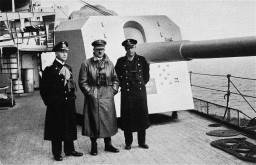
May 28, 1937. On this date, Neville Chamberlain succeeded Stanley Baldwin as British prime minister.
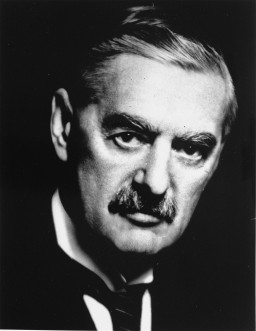
May 1937. Neville Chamberlain became British prime minister and followed a policy of appeasement towards Nazi Germany.
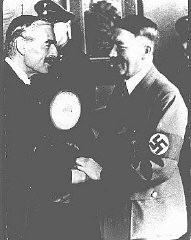
We would like to thank Crown Family Philanthropies, Abe and Ida Cooper Foundation, the Claims Conference, EVZ, and BMF for supporting the ongoing work to create content and resources for the Holocaust Encyclopedia. View the list of donor acknowledgement.